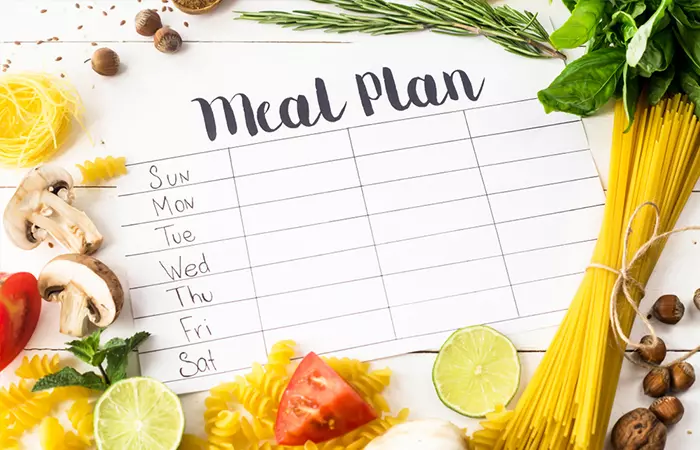The 23rd World Insights
Exploring the untold stories and events from around the globe.
Cutting Calories: The Secret Recipe for a Slimmer You
Unlock the secret to shedding pounds! Discover delicious calorie-cutting recipes for a healthier, slimmer you today!
10 Easy Ways to Cut Calories Without Feeling Hungry
Cutting calories doesn't mean you have to feel deprived. Here are 10 easy ways to help you reduce your calorie intake without going hungry. First, start your day with a high-protein breakfast, such as eggs or Greek yogurt, which can keep you feeling full longer. To learn more about the benefits of a protein-rich breakfast, check out Healthline.
Next, incorporate more fruits and vegetables into your meals. These foods are naturally low in calories and high in fiber, which can help you stay satisfied. Aim for colorful plates, and consider trying vegetable snacks instead of chips. For additional tips on incorporating fruits and veggies, see this guide from Choose MyPlate. Remember, it’s not just about eating less; it’s about making smarter choices that keep you feeling full!

Understanding Caloric Deficits: How Many Calories Should You Really Cut?
Understanding caloric deficits is essential for anyone aiming to lose weight effectively. A caloric deficit occurs when you consume fewer calories than your body needs to maintain its current weight, prompting it to use stored fat for energy. The general rule of thumb is that a deficit of 3,500 calories is needed to lose one pound of body weight. However, the precise number of calories you should cut depends on various factors, including your age, gender, activity level, and overall health. For a more personalized approach, consider using the MFP Calorie Calculator to determine your daily caloric needs.
When determining how many calories to cut, it's crucial to strike a balance between creating a deficit and ensuring nutritional adequacy. A moderate deficit of 500 to 750 calories per day is often recommended, translating to a gradual weight loss of about 1 to 1.5 pounds per week. However, cutting calories too aggressively can lead to muscle loss and nutritional deficiencies. Therefore, focus on healthy eating habits and consider tracking your food intake with tools like Lose It! for better accountability. Remember, a sustainable approach to weight loss prioritizes your long-term health over quick fixes.
The Top 5 Misconceptions About Cutting Calories for Weight Loss
When it comes to weight loss, one of the most prevalent misconceptions is that cutting calories drastically is the quickest way to shed pounds. In reality, severely restricting calorie intake can lead to a number of health issues, including nutrient deficiencies and a slower metabolism. According to the National Institutes of Health, a healthy weight loss strategy should involve a gradual reduction in calorie intake combined with increased physical activity to achieve sustainable results.
Another common myth is that all calories are created equal. While it's true that a calorie is a unit of energy, the source of that calorie can greatly impact how your body processes it. For instance, calories from whole foods such as fruits, vegetables, and lean proteins often promote better health and satiety compared to calories from processed foods and sugars. The Healthline emphasizes the importance of the nutritional quality of calories, which should not be overlooked in any weight loss plan.